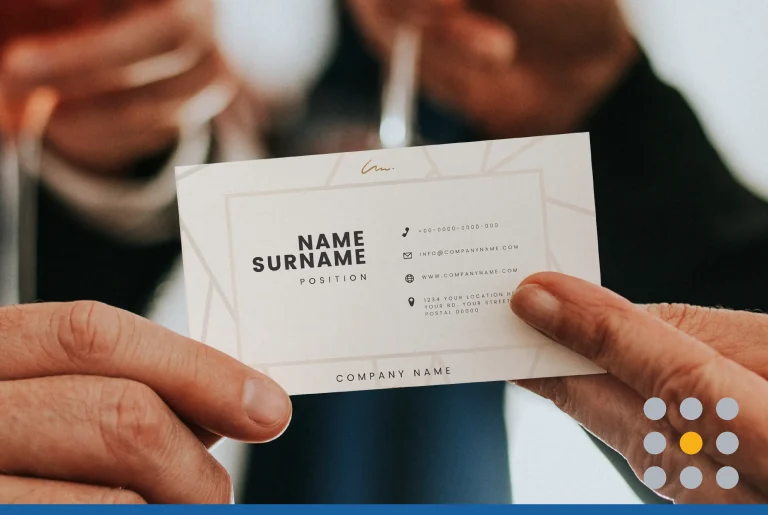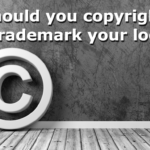Naming your business shouldn’t be a side project you handle between “real work.” A name is the first thing people learn about your company, and it tells everyone what you stand for. It also informs your branding, marketing, and product choices. So, picking the right name will simplify many of your business decisions down the road.
When you have no clue how to choose a name for your business, you waste time mulling over lots of bad options. Set guidelines to weed out the worst ideas and avoid making poor choices out of frustration. There could be thousands of words to describe what you do, but only a handful of combinations hit every goal. A great business name:
- Conveys your unique branding
- Builds interest in your products
- Sounds attractive and marketable
- Features simple spelling and pronunciation
- Translates into a memorable domain name
Want to form an instant connection with your customers? Learn how to choose a business name that speaks for itself.
Create a keyword list
Strong, creative keywords are the building blocks of a good business name. They can help you come up with compelling word combos or totally unique, coined words. Ask these key questions to brainstorm ideas.
- Who does your business serve? Think about why your audience chooses you over competitors. What are their values and expectations? Your name should reflect the type of people you serve. A fun, playful name may fit a trendy furniture store or a garden shop. But a conservative name would better suit an accountant or realtor.
- What solution do you provide? Try summing up your core value in a few words. Describe traits that make your company, products or business model unique. Do any words jump out at you? For example, YouTube is a video sharing site that runs on user-generated content.
- What values do you want to project? Put yourself in the customer’s shoes. What feelings or experiences do you want people to have when using your product? Names like Comfort Inn and PowerBar convey the experience they aim to deliver.
- What symbols relate to your business values? Images hold deep meaning, and they can inspire unique brand names that stand out in your industry. Does the name Twitter remind you of anything? The founders envisioned a nonstop stream of Web chatter, much like birds chirping.
- What are the industry standards? Find out what naming conventions are common in your industry, and be different. You can avoid legal issues by choosing words with a figurative connection to your product. In other words, be less obvious. The word “puma” has no connection to shoes, but it captures the idea of speed and athletic agility.
Use your own name for inspiration
Using your personal name can be limiting, but don’t overlook happy accidents. If your name relates to your business solution, consider clever ways to build a brand around it. Imagine a hardware store owner named Tom Hammer or a paper supplier named Maggie Paige. Names are often the best way to go for freelancers building a solo business. You’re the face of the business, so your name creates instant brand recognition.
Whether you’re growing a local or global brand, avoid using a name that’s too common or hard to spell. There could be hundreds of stores called Larry’s Fishing Supplies across the country. On the other hand, Disney works perfectly as a brand. The name is rare and whimsical, while also easy to say and spell.
Think ahead, and avoid limitations
Successful businesses grow and change. A great name is adaptable and won’t require a huge rebranding every time the business evolves. To create lasting impact, avoid boxing yourself in with these common limitations:
- Product categories: Businesses go through a lot of growth phases. If all goes well, you’ll end up expanding your product selection along the way. Aim for broad categories over specific products. Sporting gear covers future products, while hiking gear applies to one activity.
- Locations: Planning to work in one place your whole life? Doesn’t matter. You could move, snag a franchise deal, or expand to nearby cities. Keep an open-minded view of the future. Having a name in the location makes customers think you serve one area.
- Domain names: Too often, business owners dismiss a good name because the domain isn’t available. In many cases, domain hoarders buy up great URLs and charge a premium for them. If the name isn’t being used by an actual business, consider moving forward with it. You can slightly adjust the name for your URL. And of course, you have the option to purchase the exact domain once it’s affordable.
- Trademark: Do background research to make sure there are no trademark issues. You can check the Trademark Electronic Search System (TESS) for conflicts or hire an experienced lawyer.
Give the best combos a test drive
Try out keywords in creative arrangements to find combos with the right meaning and sound. You can use a tool like Bust a Name to generate a list faster. Wordoid is a useful tool to fuse words and come up with coined names. As you play around with words, avoid copying trendy phrases associated with big brands. Who needs another “summit,” “pinnacle” or “berry” name?
When you have strong contenders, start looking them over with a fine-tooth comb. Make sure the names don’t have secondary or slang meanings that reflect badly on your business. Read them out loud and look at the words without any spacing to spot issues. Depending on your business, make sure the name doesn’t have a bad connotation in another language.
Do yourself a favor, and leave the outside input until the end of the process. Feedback from customers or friends can be helpful once you have a shortlist. But ask for opinions too soon, and you run the risk of being bogged down with ideas that miss the mark.
The most important thing is to get it right the first time. Changing an established business name can be costly and confusing to customers. Name your business well today, and you’ll have the foundation to grow your brand for years to come.
> Once you’ve decided on a name, the next step in branding your business it to design a unique logo. Take a look through some of the templates in our logo maker to get some ideas!







